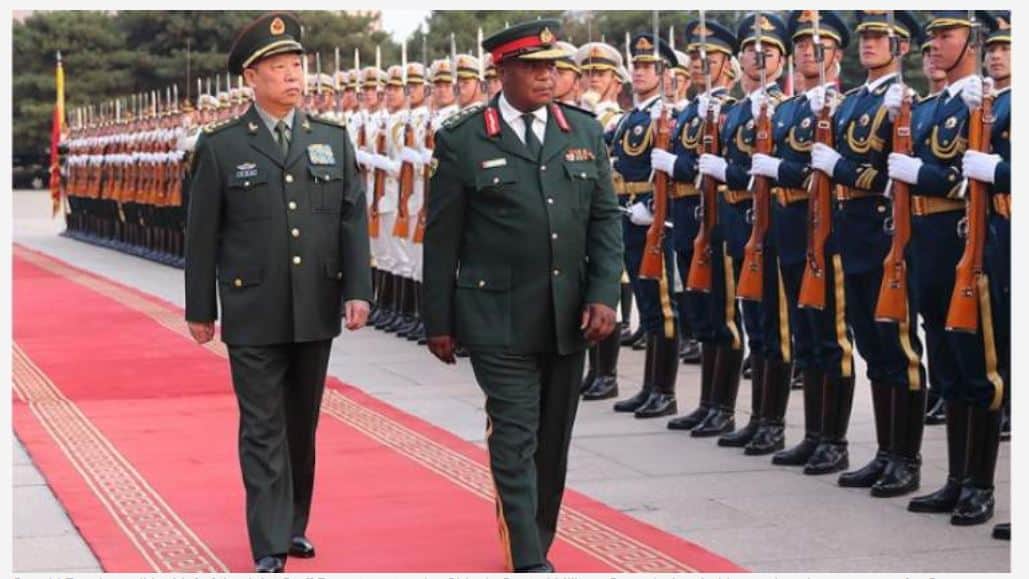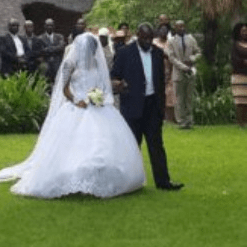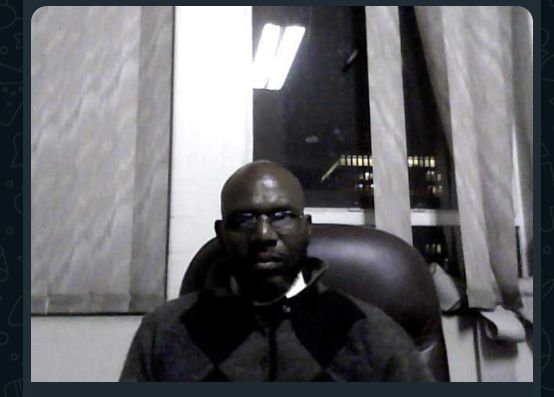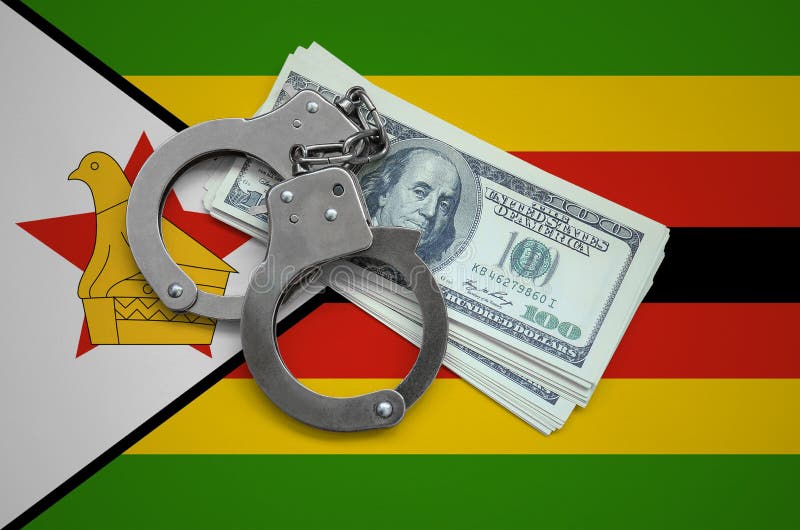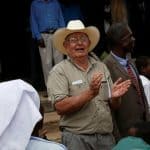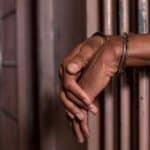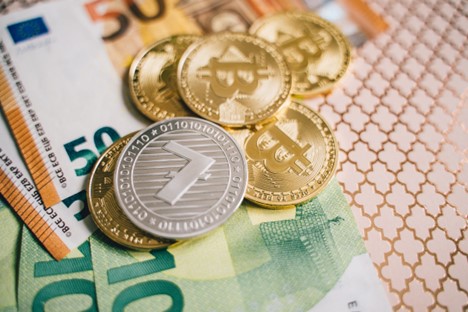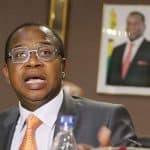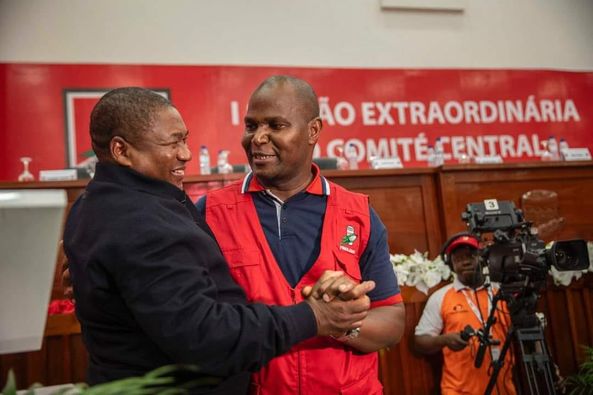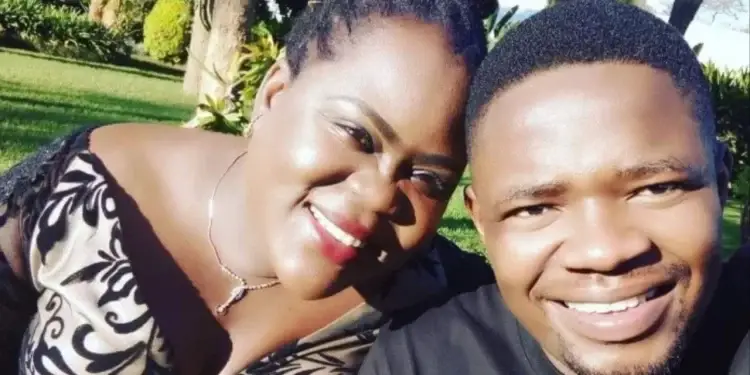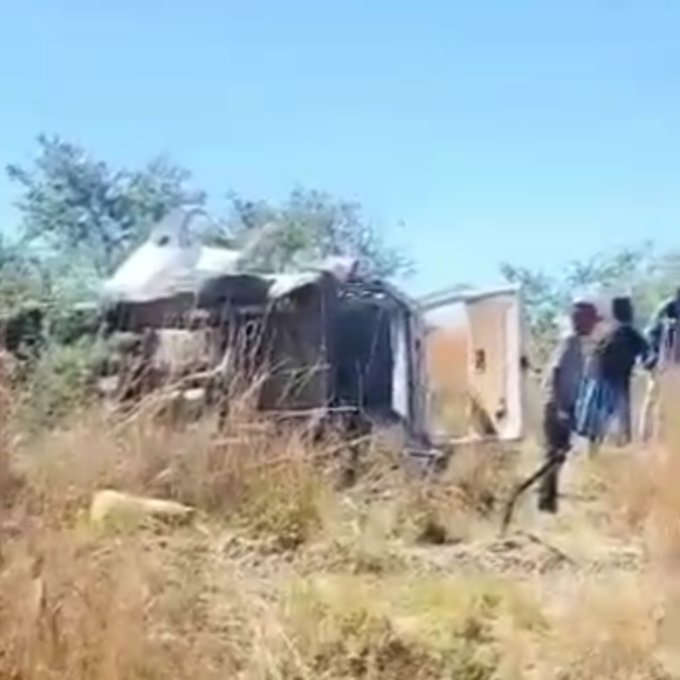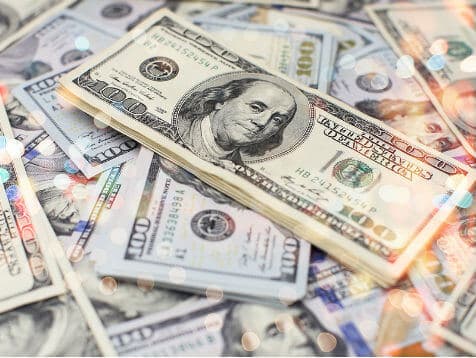Itai Mushekwe/Mary-Kate Kahari
Munich/Harare–China is planning a soft coup on President Emmerson Mnangagwa as they now recognise General Constantino Chiwenga as Zimbabwe’s supreme leader, Spotlight Zimbabwe has revealed.
According to high level diplomatic sources in the country and officials close to the Office of the President and Cabinet (OPC) citing a plethora of reasons, Beijing has reportedly resorted to silently deal directly with the country’s top military brass and leadership instead, as the Asian economic powerhouse moves ahead to prepare for an aftermath administration in Harare, as the ruling Zanu PF party’s first secretary’s reign is now hanging by a thread.
This publication reported last week that, militaristic vice president, Rtd General Constantino Chiwenga, has become the country’s de facto head of state, after Mnangagwa was allegedly stripped off of significant executive powers and functions by the army, thus effectively becoming a leader in name only pending his imminent departure from office.
We also revealed in March, that Mnangagwa’s days as president are numbered, following a meeting which a special delegation of senior military officials are said to have held with Chinese generals behind closed doors, a few days before former leader Robert Mugabe was ousted from office in a coup in November 2017, where it was indicated that Mnangagwa’s reign will expire in 2020.
The officials close to OPC said their boss will soon be out of power because for some unclear reasons and disagreement, China has decided not to give Mnangagwa a multi-billion economic bailout package he had hoped to use in turning the economy around, when he stealthily took over from Mugabe.
Mnangagwa had high hopes of securing an initial US$2 billion bailout from President Xi Jinping in September 2018, soon after controversially winning presidential elections a month earlier, when he visited China, to attend the Forum on China-Africa Cooperation (Focac) summit, but nothing significant and tangible came out of the trip.
Finance and central bank officials have for some time been negotiating for a loan in vain, from the Industrial and Commercial Bank of China (ICBC) and the Export-Import Bank of China, without any breakthrough.
“China was supposed to have assisted his (Mnangagwa) presidency with an economic package of up to US$10 billion,” the OPC officials said. “This is one of the major reasons the new dispensation has failed to fix the economy. The money they expected has not come, and it has to do with dynamic power play in government, as the military now has oversight over the president. A little bird has told us that elements in security establishment are the ones who prevented the bailout from coming through, because it was likely going to buy Mnangagwa a full two term mandate. China is now dealing directly with the military on Zimbabwe’s affairs. It is the military which has a better chance of securing the bailout package in question, but first they have to name a new leader to takeover.”
However diplomatic contacts in Harare said apart from the economic bailout, which has not been granted by Jinping’s government, China was angry with the levels of corruption in Mnangagwa’s government and that he had named China as responsible for looting cash in Zimbabwe, including the externalisation of funds by her companies, therefore: “They have since dropped him as their political point man in Zimbabwe, in favour of the Joint Operations Command or military leadership.”

MNANGAGWA
Chinese nationals, retail and mining companies dominated a list of alleged cash looters released by Mnangagwa a few months after the November 2017 coup, who externalised over $1,3 billion during Mugabe’s era, and it did not go down well with Beijing.
Following the expiry of a 104-day moratorium then, Mnangagwa said the bulk of the money was externalised through non-repatriation of export proceeds, payment for goods not received in Zimbabwe or funds externalised to foreign banks in cash or under spurious transactions.
As if to admit the scourge of graft in his own administration, and confirming China’s position, Mnangagwa last month said that the Chinese leader told him about corrupt activities in Zimbabwe that he was personally not aware of, during a special Independence Day interview with the state braodcaster ZBC.
Mnangagwa said money from China was corruptly spent at the Harare City Council and that Jinping had told him about it.
“We had a loan extended to Harare City Council by the Chinese for sanitation and water reticulation. That money was then used to buy cars and other luxuries. It didn’t address the issues for which the money had been given. So when I met my brother and colleague President Xi Jinping and discussed about this loan, I wasn’t aware that had happened and so I said, ‘Mr President, the loan was fully disbursed’, and he said, ‘my brother, the money was not used for what we had given you for.’ I was not aware people bought cars, some having workshops which had nothing to do with sanitation. Those who spent the money are not in office anymore, but they are likely to be followed.”
Another envoy who just returned to Zimbabwe, after visiting his country on official duty said at the heart of Mnangagwa’s falling with China was his government’s growing relations and proximty to the International Monetary Fund (IMF), and campaign to mend ties with the U.S at Beijing’s economic expense.
“Zimbabwe is a big diplomatic prize for all of us,” he said. “There are many competing interests in this country between foreign nations, which I believe you already know are playing out in the mining sector. China is not comfortable with your president’s proximity to the IMF where they have recently cleared outstanding debts, with the view of applying for fresh loans. Re-engagement with the U.S is also naturally a threat to their interest in this country.”
Meanwhile, intelligence information provided to us last night, suggests that the military does not want to remove Mnangagwa from power through another coup, and will force him to resign as president whether he likes it or not.
spotlight zimbabwe

